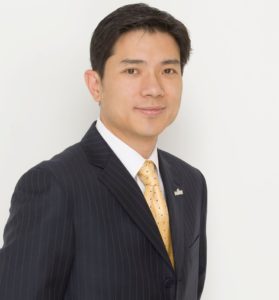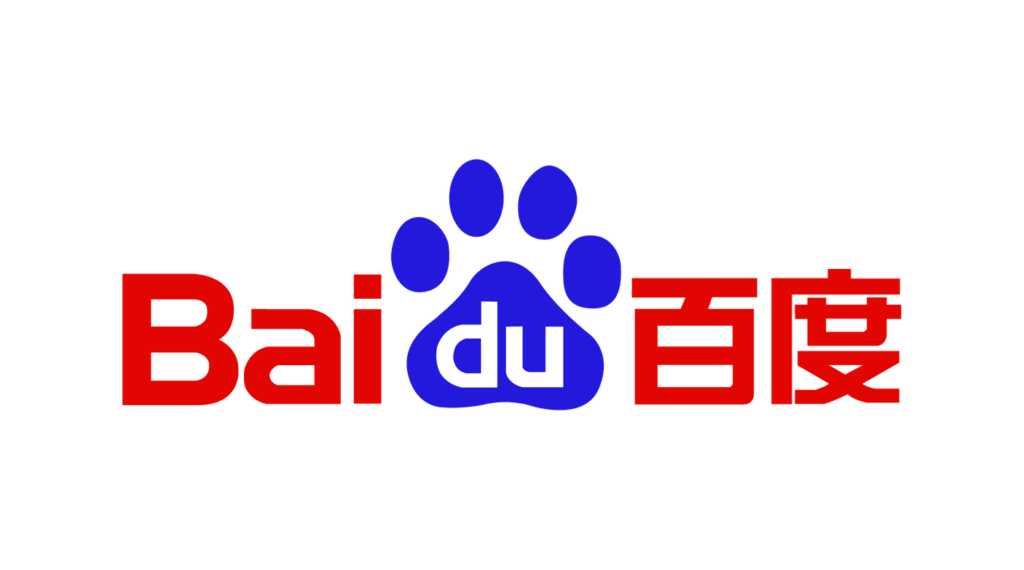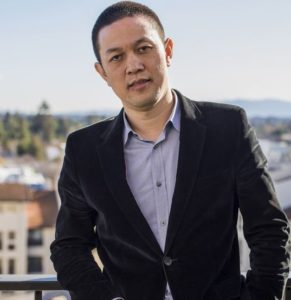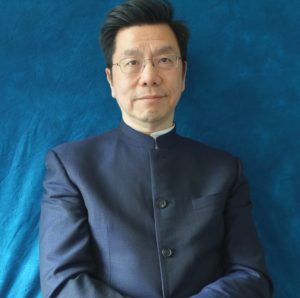Robin Li : The Founder of Baidu, the “Google of China”
The emergence of the Internet opened new ways for everyone, especially for them who were innovative and wanted to create something big. It also helped those who had no resources as a child, but later, reached the heights of success. The rags to riches stories are interesting and inspire people to fight with their situations and face the struggle. One such person who presents the most appropriate rags to riches story is Robin Li, an internet entrepreneur from China, who once faced the worst financial conditions and now is one of the richest men in China. He is the founder of the multinational company Baidu, which is the owner of China’s biggest search engine, with the same name.
Early Life
Robin Li was born on 17 November 1968 in Yangquan, Shanxi, China in a labour family. He was a single boy among the five children of his parents. The Shanxi province was an underdeveloped area, and there were no good resources of education. But still, Li tried his best and on the advice of his mother, worked hard to get a better education. Ultimately, he was able to crack the entrance exam for Peking University, Beijing, where he received a Bachelor of Science degree in library information management.
After completing his bachelor’s degree, the next step was to get a job. He worked in a company in Beijing for one and a half year, but fortunately got admission to a Fellowship program at the State University of New York. He moved to New York and completed a master’s degree in science from the university in 1994. He was enrolled in the PhD program in computer science but did not complete his doctorate.
Career

As soon Robin Li completed his master’s he joined Dow Jones and Company’s IDD Information Services as a software engineer. At IDD, he became the part of the development team, which was working on software program for the online edition of The Wall Street Journal. Here he also got the chance to work on the search engine algorithms as well.
While working at IDD, he started working on page-ranking algorithms, and ultimately developed Rankdex, the first web search engine with page-ranking and site-scoring algorithms that means, it used hyperlinks to check the quality of a website. Rankdex later became the inspiration for Google’s PageRank algorithm.
After Li successfully developed Rankdex and got the U.S. patent for its ranking algorithm, he left his job at IDD, in 1997. He then, joined Infoseek, another internet company that was working on search engine algorithms. During his time at Infoseek, he developed a new function for Go.com, through which it could do image-based searches. Here he worked for two years and left the job in 1999.
Founding Baidu
Robin Li moved back to China, to work on his own product and in 2000, he developed Baidu with the help of his friend Eric Xu. The two used the same algorithm as of Rankdex to develop Baidu. Li did not have a permanent apartment in China at that time and did all the coding work and the launch of Baidu from a hotel room near Peking University. Li became the Chairman of the company and Xu was appointed as the CEO.
In 2001, Baidu offered people to bid for putting ads on the search engine. This led to the monetization as well as the growth of the company. Baidu was an instant hit, and Li was named among the “Chinese Top Ten Innovative Pioneers” in the same year. In 2003, the company introduced image-based searches as well as a news search engine.
In 2004, Xu resigned from his post as CEO, and Li held the position. The next year, Li took Baidu to NASDAQ, and the value of its every share raised by 350 per cent, i.e., from $27 to $122. In December 2007, Baidu was listed in the NASDAQ-100, becoming the first Chinese company to do so. In the same year, Li was named in CNN Money’s annual list of “50 people who matter now”.
By 2010, Baidu was the most used search engine in China, and it also got the title of “Google of China”. The company has partnered with big names like Qualcomm, Continental and Bosch. It has also started working in the field of AI. The company has also launched a self-driving vehicle platform under its Apollo project (Apolong).
Along with hosting the biggest search engine in China, Baidu offers over fifty internet-related services as well as artificial intelligence-based products to its users.
Baidu is one innovative product that helped Li to fight with his circumstances. Today, Li is one of the richest men in China and ranks at number eight with $16.5 billion’s net worth. He has been awarded great accolades, including “15 Asian Scientists To Watch” by Asian Scientist Magazine in 2011, “Most Influential Business Leader in China” by Fortune, and “World’s Best Business Leader” by the American Business Weekly in 2006.

Yashica is a Software Engineer turned Content Writer, who loves to write on social causes and expertise in writing technical stuff. She loves to watch movies and explore new places. She believes that you need to live once before you die. So experimenting with her life and career choices, she is trying to live her life to the fullest.







